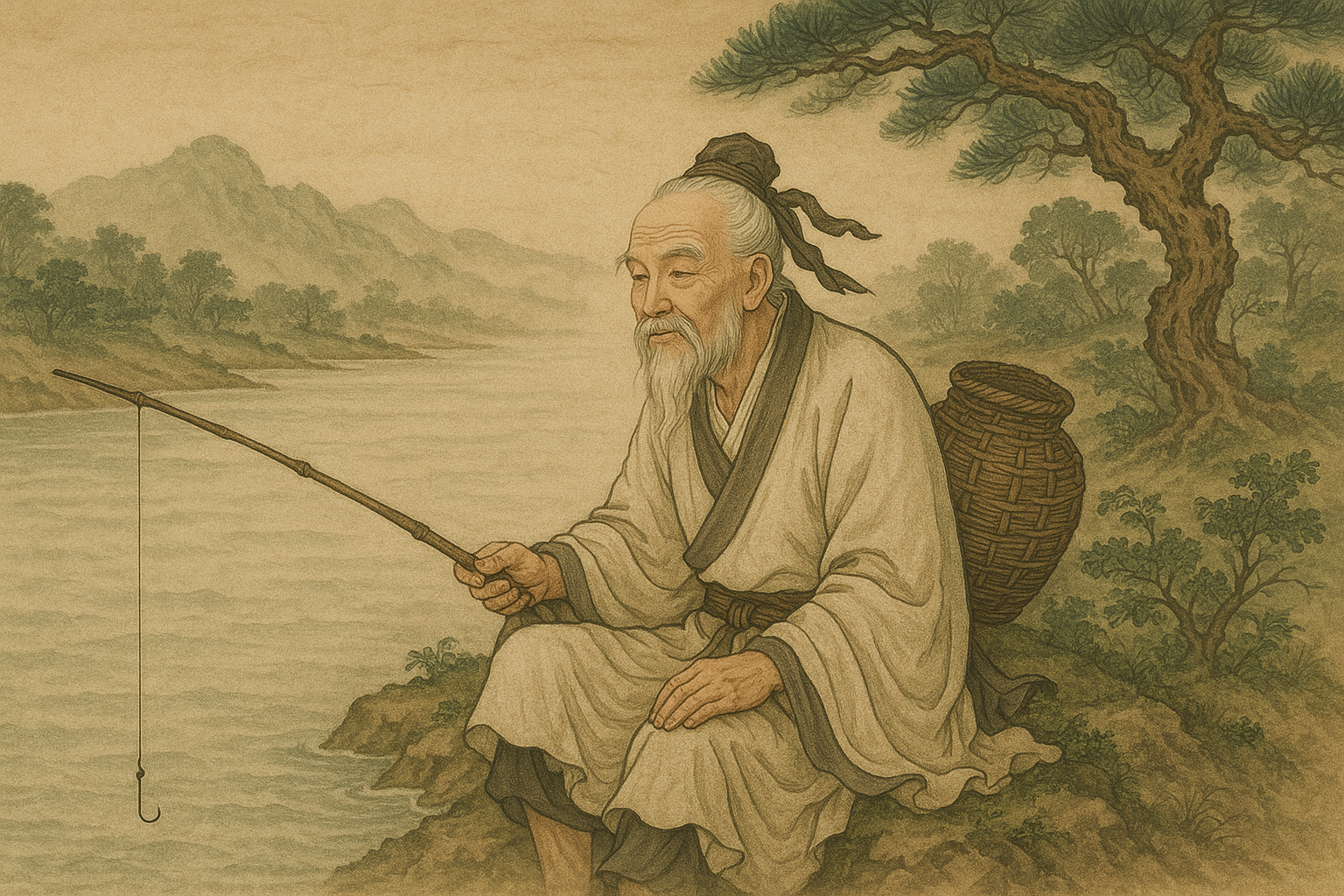Casting a Line into the World: The Chinese Fishing Craze: A Look at Escape, Consumerism, and Culture

By Ryan Yeh
Forget the usual suspects, the latest activity to leap from niche hobby to national obsession in China is undoubtedly fishing. From the shimmering corners of city parks to the rugged banks of rivers and lakes, and even to the fishing short videos that go viral online, the slender fishing line seems to act as a mirror, reflecting some fascinating aspects of contemporary Chinese society. It's no longer just about fishing itself; it's intertwined with deep-rooted cultural traditions, emerging economic trends, and the complex inner needs of people. Just have a look at the popularity of competitive "Taiwanese-style" fishing, the relentless pursuit of top-tier gear, and the fervent enthusiasm of young people – this is far more than just a way to kill time.

When talking about fishing in China, one’s cultural DNA immediately comes to mind, tinged with a sense of ethereal tranquility. The classic image of "an old man in a straw cloak, fishing alone in the cold river snow" evokes profound solitude and a deep connection with nature. The legendary Jiang Taigong's saying, "Those who are willing will take the bait," even elevated fishing to a philosophical level, associating it with reclusion and self-cultivation.


